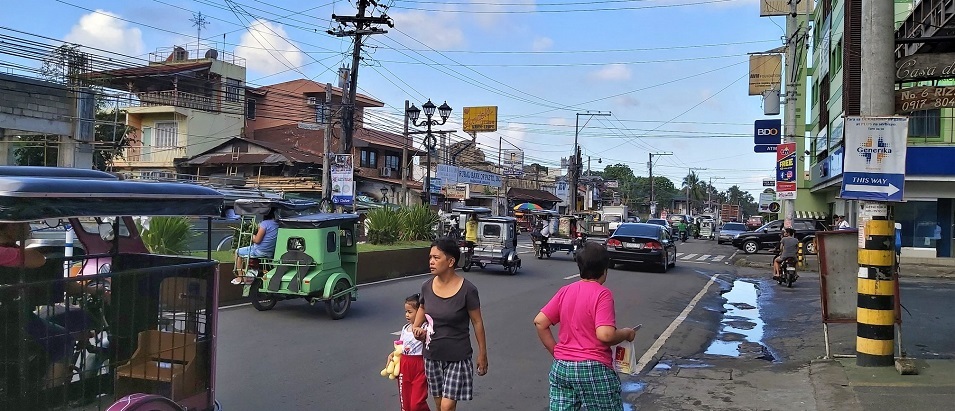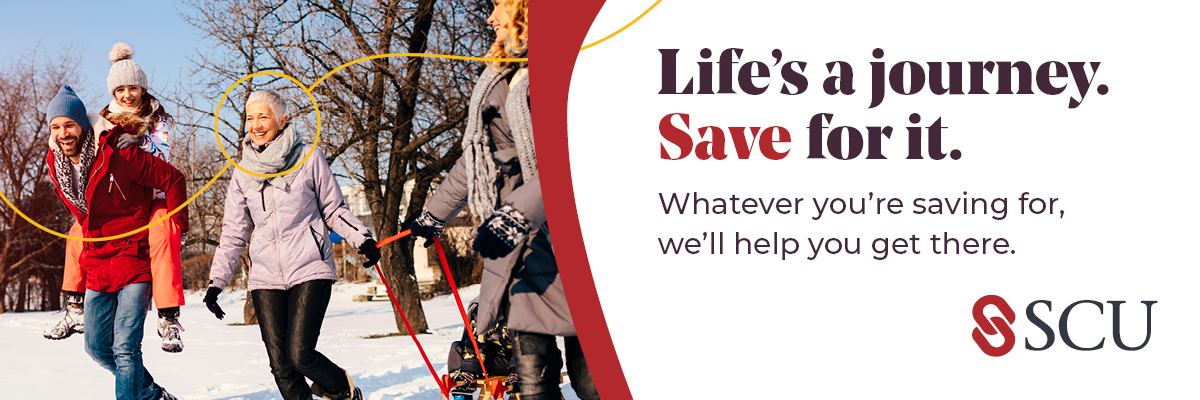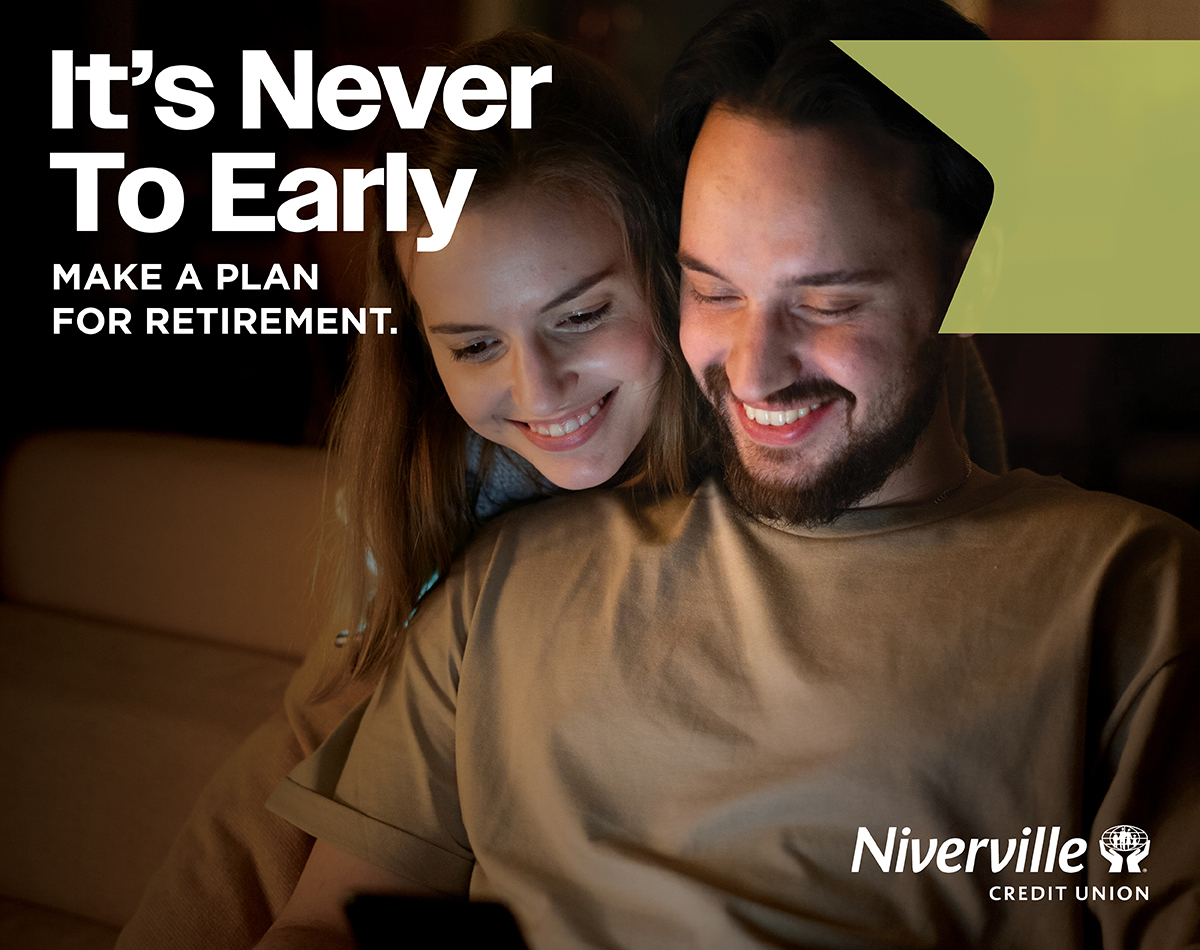
One year ago, I was packing for a big trip—the biggest trip of my life. For a couple of years, my husband and I had been making plans to travel to the Philippines, so he could introduce me to the country of his birth, visit family and friends, and also do a bit of island-hopping.
So on New Year’s Day 2020, our condo was filled with half-packed luggage, clothing piled up on the furniture, as we decided what we absolutely needed to bring, and what we could do without during our three-and-a-half week excursion.
On January 3, we took off. On January 4, we landed. On January 5, I read in the news that a mysterious new coronavirus was raising some alarm in central China. Events in China suddenly seemed a bit more important now that we were practically next door to it.
And so we proceeded with our trip, touring through the provinces and visiting my husband’s relatives. This was a vacation, certainly—but we weren’t beachcombing. We spent the first week in his hometown, staying in the neighbourhood where he’d grown up, where the locals washed clothes by hand in washbasins, cooked their meals over simple gas-burners, and just in general lived life out in the open air.
Even in January, the dead of winter, the heat and humidity could get oppressive—but I dared not complain about it too much, for fear the locals might hear; as a nearly 300-pound white guy who didn’t speak the language, I already stood out well enough, thank you very much.
Yes, there was culture shock, but despite the inconveniences of life in this small town, I thoroughly enjoyed myself. It was the chance of a lifetime to experience life at ground level in a part of the world where people live very differently from what I’m used to.
In fact, the many inconveniences became, in a way, the highlight of the trip.
Let me explain that. The aspect of life that had the biggest effect on me is how slow and unscheduled everything was. Almost nobody owned their own vehicle (and even if they did, they wouldn’t have anywhere to park it on the narrow streets lined with tightly packed concrete-walled houses), so running an errand meant catching some combination of transit, a fleet of privately operated individual tricycle drivers, jeepneys, and buses that ferried passengers here and there, from barangay to barangay, neighbourhood to neighbourhood, town to town. How did you flag one down? You just stood on the side of the street—and waited. And hoped.
Even with the larger buses, the ones that carried passengers longer distances, you’d buy a ticket and get on board… and then wait, because the driver probably wouldn’t start out on his route until the bus was reasonably full. Could take a few minutes, or an hour or more. You never really knew for sure.
Eventually, you’d get where you’re going.
Want to pick up something quick from the market? Well, you’ll get what you came for—but it won’t necessarily be quick. The line might be long, there might only be one cashier, and that cashier might walk away from time to time to carry out other duties, leaving customers waiting.
There was a lot of waiting, and waiting isn’t typically my strong suit—just ask my husband—but that’s just the way things are there. When you get up in the morning, it’s foolhardy to have grand expectations for what you may accomplish. You may only get two or three things done, but that’s okay. Whatever you didn’t get done today, you’ll try to get done tomorrow.
During other parts of our trip, we did more recognizably touristy things. We stayed at resorts, swam in infinity pools overlooking the ocean, watched sunsets while strolling the boardwalk, gorged ourselves on all-you-can-eat buffets. We walked the streets of Manila, enjoyed local delicacies, and shopped in world-class malls (Manila’s got a lot of ‘em).
But even in the fast-paced city, with cars zipping through insanely busy intersections without the benefit of traffic signals to guide them, life moved remarkably slow at the individual level.
And all the while, we read more reports from China. Cities locked down, regional travel bans enacted, airport screening measures taking effect… We started to suspect this coronavirus thing might be more serious than we’d thought back in the early days of January.
Oh, and there was also the small matter of an erupting volcano near my husband’s hometown. Just another day in the life of the Philippines.
And my God, the people were happy there. Surely no other people espouses joie de vivre like the stalwart, adversity-facing, life-loving Filipinos. The pace of life was slow and inconvenient, and full of joy despite it all.
We flew home right at the tail end of January, stopping for an extended layover in South Korea to see the sights there. The virus had beaten us there by about a week; travel still flowed, but the masks were out in force.
Returning to Manitoba, life returned to normal in the days after our arrival. I went back to work and fell into my old routines—but I couldn’t get out my head the things I’d seen during my trip. My fellow Westerners were running around in a way that had seemed normal back in December but which I now thought about more reflectively. We were back in the land of getting up before the sun, commuting 40 kilometres to work, and having a checklist of 20 things to do each day.
I understand, of course, that this is the price we pay to live in the in-many-ways-wondrous society we’ve built for ourselves—but in the quiet moments of the afternoon, it was inevitable to think back fondly on the unhurried pace of life in the Philippines and wonder if there might be a way to bring that home with us.
And then, only one month later, the coronavirus reached Manitoba. Schools closed, businesses shut their doors, the highways emptied of traffic… and I wondered if perhaps I hadn’t gotten exactly what I’d wished for, but not in the way I’d wanted.
Indeed, life did slow down here.
2020 was a tumultuous year. Our routines were greatly upset. We contended with fear on a whole new level, about our health and the state of our bank accounts. We worried about our families.
And hundreds of people lost their lives—and continue to lose them at staggering rates. This is not okay.
We’re not through the crisis yet, but as I look to the future today, I am filled with a great deal of hope. I hope we’ve learned some lessons about the value of life and the importance of empathy. And I hope that as we get better, we don’t fully return to normal, because there were some ways in which our society was not a healthy place in the before-times. Isn’t it ironic that it took a pandemic to open our eyes to the ways in which we were already unhealthy? I think that’s exactly what’s happened.
Of course I wish none of this had ever happened, but just as I felt when I returned from the Philippines one year ago, I think there’s an opportunity to take a second look at the way we live our lives and decide whether our lifestyles are helping or hindering us.
Are there changes we can make to enrich our lives, live more fully? These aren’t big, society-spanning questions. They’re the sorts of questions we should ask ourselves on an individual level. After all, change starts small.
And wherever you’re going, just remember: it’s okay not to be in a hurry to get there.



















